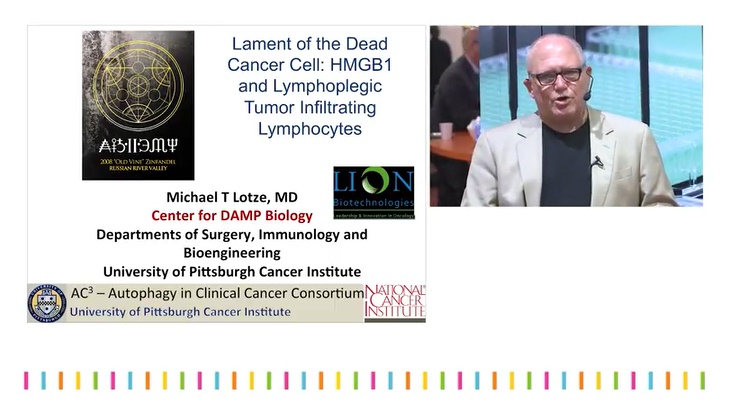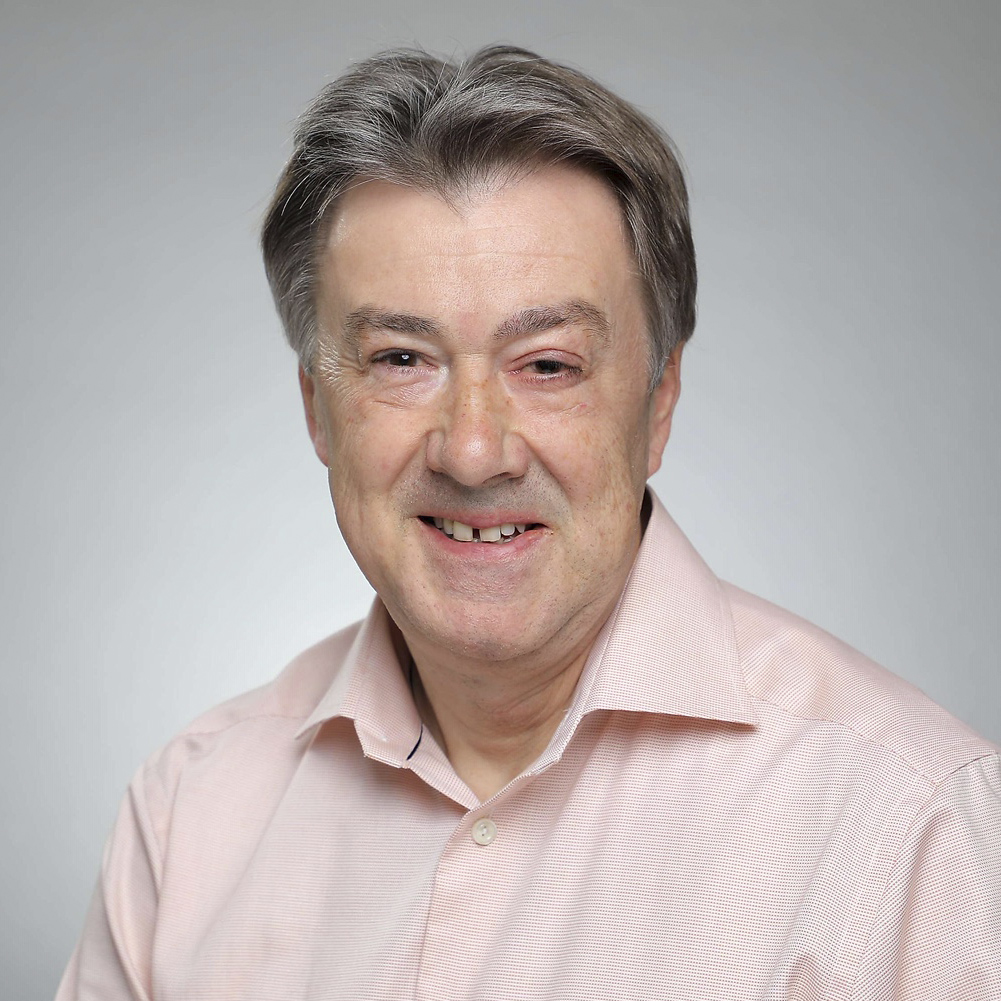Tecan uses cookies to improve our website. By continuing to browse our website, you accept our cookie policy.
Tecan uses cookies to improve our website. By continuing to browse our website, you accept our cookie policy.

By Nicholas Smith
How do cancer cells die? Necrosis of a tumor, or unscheduled cell death, has been linked to tumors outgrowing their blood supply. But now it is believed that the release of HMGB1 promotes the survival of the remaining tumor cells.

Lotze describes how HMGB1 extends the life of the cancer cell.
Michael Lotze, University of Pittsburg Cancer Institute, describes how the ancient molecule HMGB1 promotes autophagy and extends the life of the cancer cell. His collaborative work with Tecan is based on studying the use of the power present in our immune systems to treat patients with cancer.
Discover the value of development with an OEM partner. Watch the video now.

Nicholas Smith is Head of Global Marketing and Portfolio Management for Tecan’s Partnering Business. A key function of his team is to work closely with customers to develop new product concepts and proposals based on a thorough analysis of their specific requirements. Nicholas’ joined Tecan in 2012 from Roche Diagnostics where he worked for over 20 years in a variety of roles within marketing and business development.